On Friday I drove with a couple of friends to Tieton, near Yakima, Washington, to attend Litfuse: a Poets’ Workshop. While there, I took classes from Samuel Green, Elizabeth Austen, and Ellen Bass — and others — and every class had time built in for opening a notebook and writing. I came home Sunday afternoon, with my head spinning.
Sunday was the blood moon, of course, and having spent the weekend with poets, there was no way I was going to
Lit Explosive Fuse Crackling and Sparking
miss it, no matter how exhausted I was. My youngest daughter refused to go with me. My other daughter still living at home was at work. My husband said, If you find it, sure, give me a call.
I was not going to miss it. I took the dog with me and drove, searching for a place without trees obscuring the eastern horizon. Not easy where we live. I drove down to the Sound, but that didn’t work at all (even though quite a number of people had gathered there). Finally, over the airfield, there it was! Very faint, low to the horizon, not all that big, but definitely in eclipse, pinkish-red. Lovely. I pulled the car over and Pabu and I got out to watch. One other car pulled up: everyone leapt out of the car, a woman took a picture with her cell phone, and they all leapt back into the car and drove away. I called my husband and told him to bring the binoculars. We stood in the parking lot of QFC, near a Jack in the Box, leaning on our car, and watched for an hour. We talked about where we are likely to be in 2033 when this particular combination of Blood Moon and Eclipse take place again. Older daughter got off work and joined us. Husband went home. I watched until the moon was back to its usual, brilliant self. High in the sky and easily visible from our house. No searching required. My 16-year-old’s sort of boyfriend showed up (Do you want to go look at the moon?) and they disappeared into the night.
“Be the sort of person on whom nothing is lost,” Henry James advised a young writer. Sherman Alexie, speaking at Seattle Arts and Lectures this past year, said something on the order of, You can make a poem out of anything — it’s what happens, and what you think about what happened (and then he read a poem about doing laundry).
 I remember once being told that you can’t write poems about the moon — it’s been done too often. But at Litfuse, when Ellen Bass brought up how love poems are a little overdone, she then added, But of course we’re going to write love poems! We just have to write really good ones. Elizabeth Austen called it digging deeper.
I remember once being told that you can’t write poems about the moon — it’s been done too often. But at Litfuse, when Ellen Bass brought up how love poems are a little overdone, she then added, But of course we’re going to write love poems! We just have to write really good ones. Elizabeth Austen called it digging deeper.
In my reading this morning, I came across this quote, from novelist Jonathan Franzen: “With every book, you have to dig as deep as possible and reach as far as possible. And if you succeed in producing a reasonably good book, you’re going to have to dig even farther, or else, again it won’t be worth writing. And what that means, in practice, is that you have to become a different person to write the next book. The person you are already wrote the best book you could. There’s no way to move forward without changing yourself.”
For every poem. There is a poem in this material for me about the frustrations of having a 16-year-old daughter, about my husband indulging me even when he thinks I’m cracked, about being a poet, about seeing what we’re given to see. Here I am, shovel in hand…





 I remember once being told that you can’t write poems about the moon — it’s been done too often. But at Litfuse, when
I remember once being told that you can’t write poems about the moon — it’s been done too often. But at Litfuse, when 
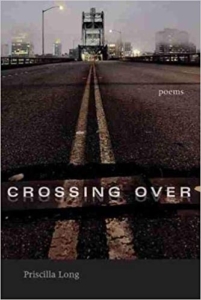 I have been singing the praises of
I have been singing the praises of 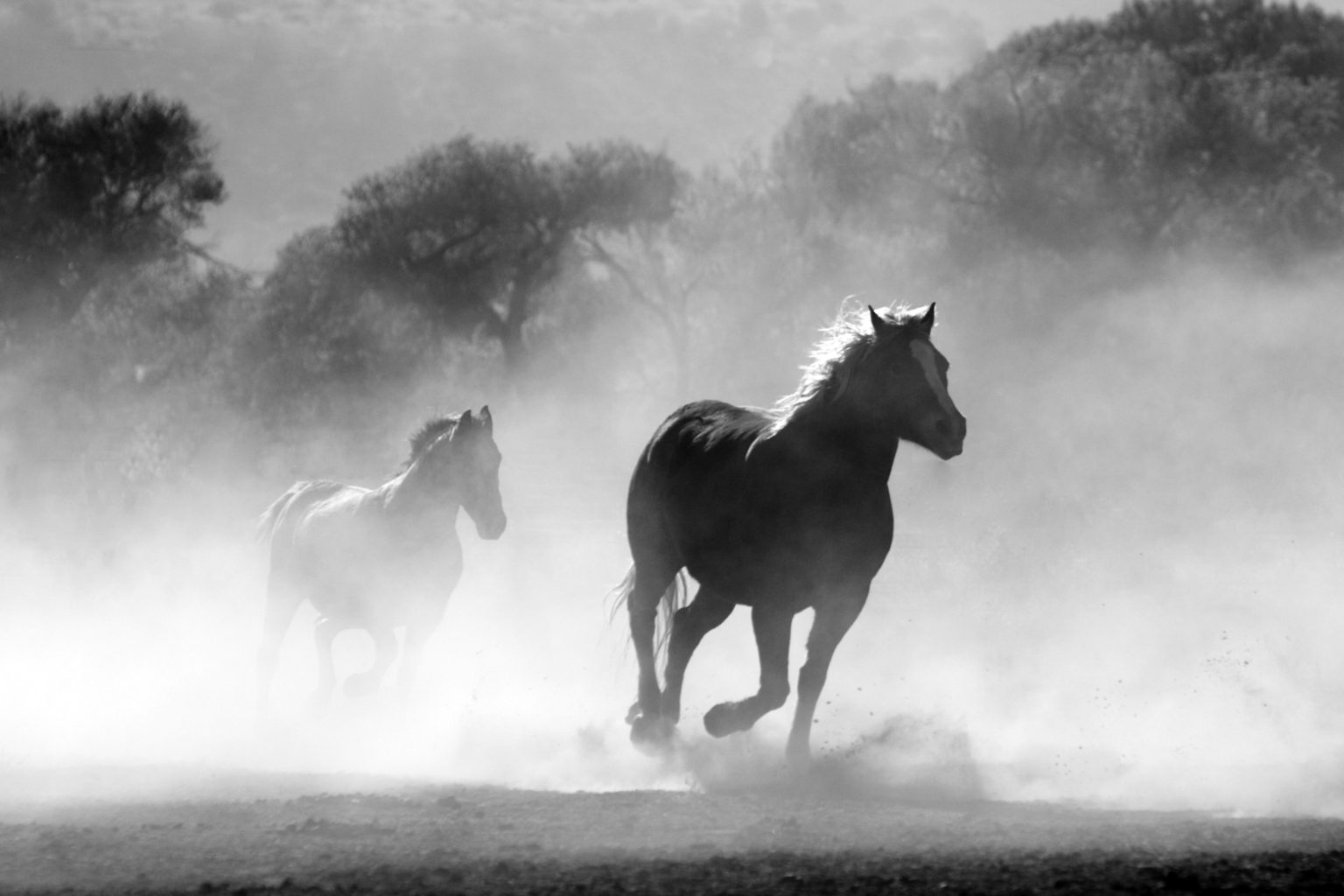
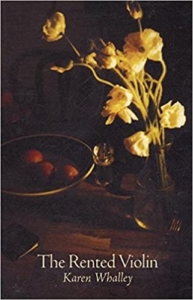 So many poets, so little time. I barely dented my book collection, and left out so many other favorites. Next year, thirty more?
So many poets, so little time. I barely dented my book collection, and left out so many other favorites. Next year, thirty more?